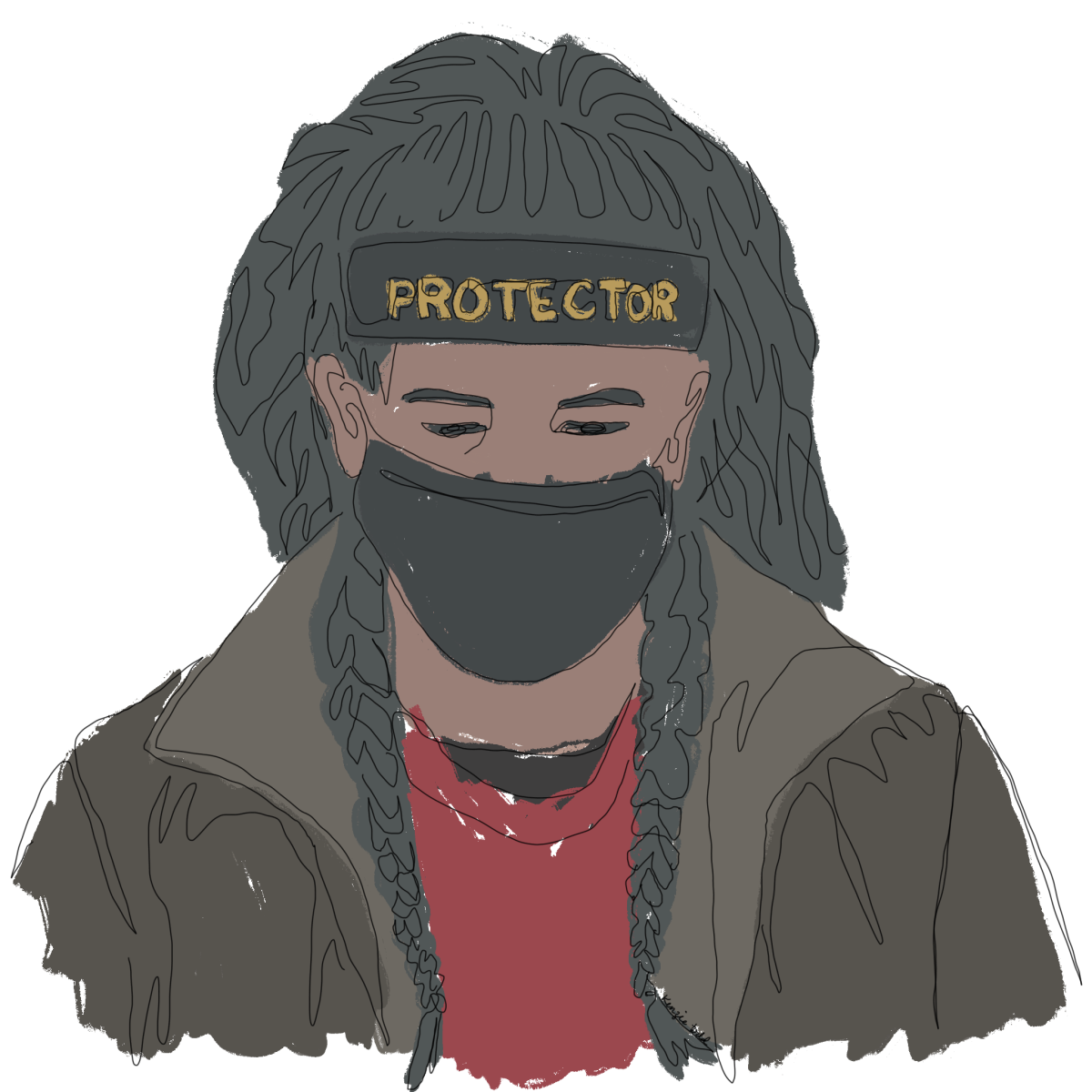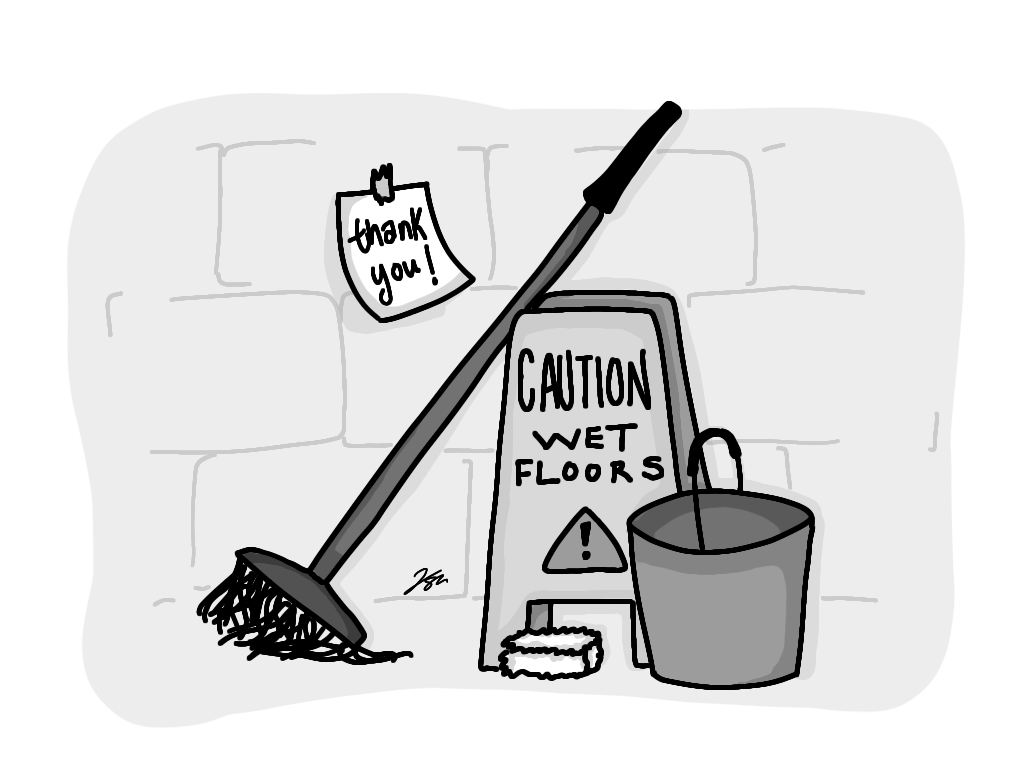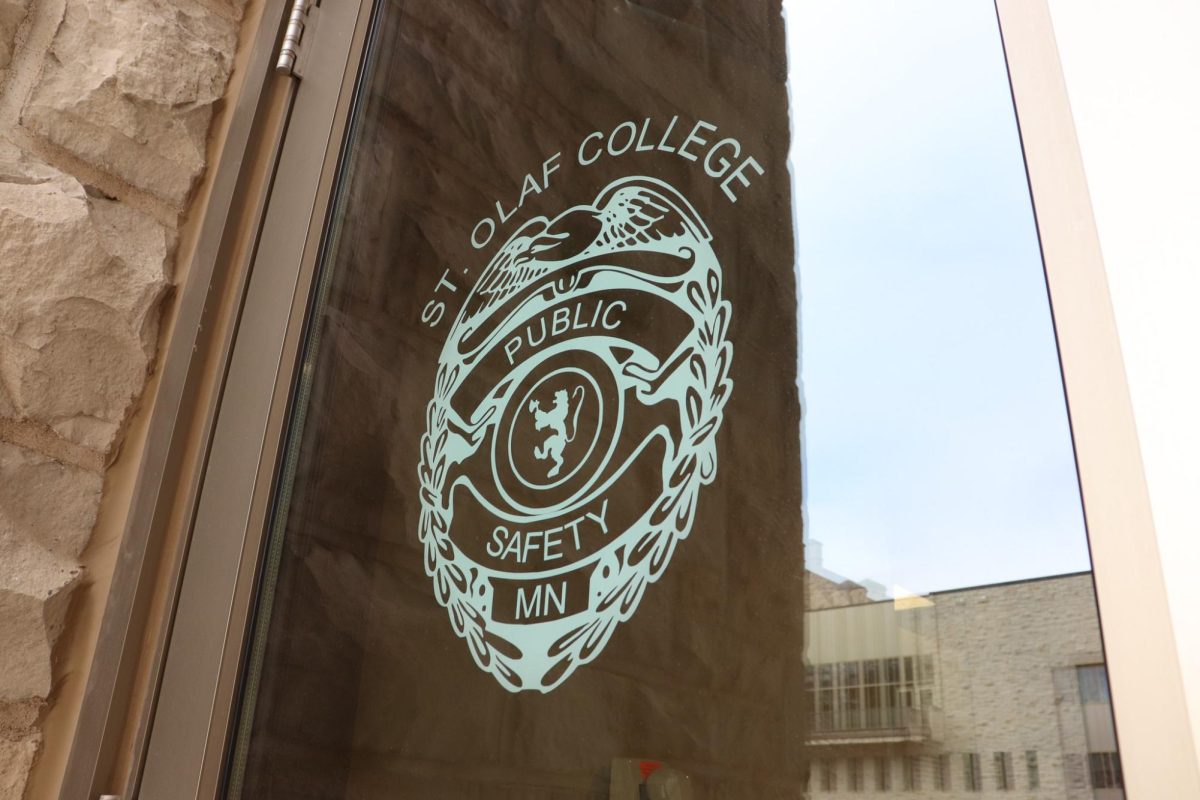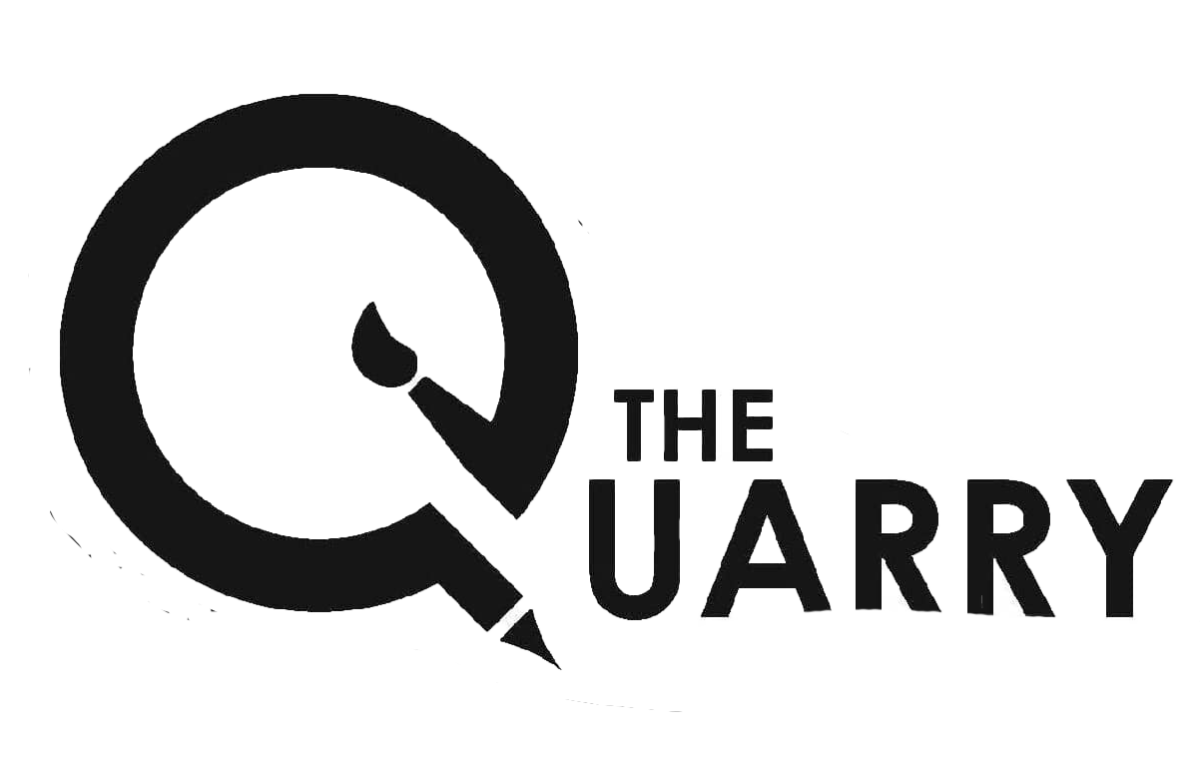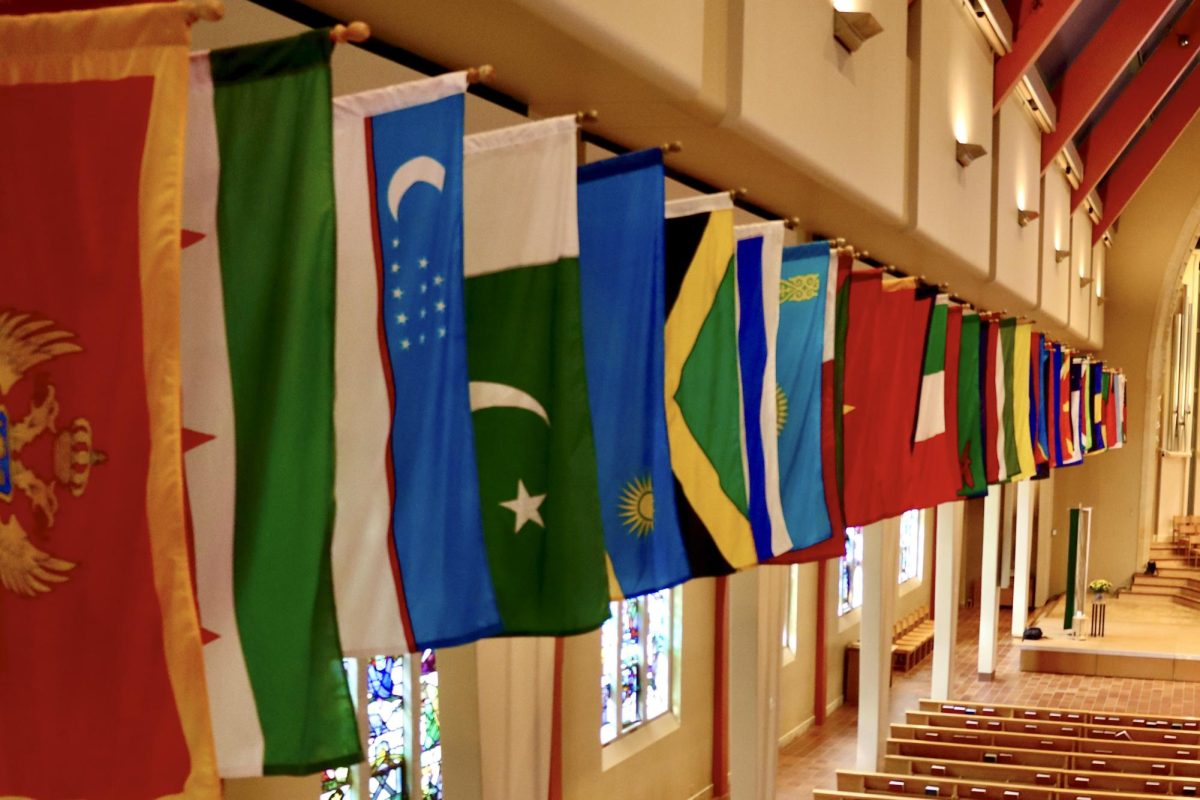In collaboration with the Political Awareness Committee (PAC) and the Wellness Center, the Climate Justice Collective (CJC) hosted speaker Taysha Martineau for an event titled “How We Go Home: An Indigenous Perspective on Environmental Injustice” on April 15. Moderated by CJC organizer Isaac Nelson ’21 and PAC Coordinator Danely Quiroz ’21, the event garnered over 100 attendees. Following a 30-minute lecture by Martineau, the audience was encouraged by the moderators to ask questions and engage in conversation.
Martineau is a two-spirit Indigenous organizer and co-founder of Camp Migizi and Gichigumi Scouts. These two organizations are dedicated to locating Missing and Murdered Indigenous Women and Relatives (MMIWR). With the recent construction of the Enbridge Line 3 pipeline, Indigenous organizers like Martineau have been vocal about the increased rates of sex trafficking that construction sites bring to Indigenous communities.
Martineau addressed the high rates of MMIWR, the fears they hold as a mother, police abolition and environmental justice during their virtual lecture. Martineau opened their talk by discussing the injustices that Indigenous communities face as result of projects like Line 3. One consequence Martineau mentioned is the inability of Indigenous communities to hunt and gather their food due to construction.
“We can’t gather food or medicine. Elders are getting sick as they are unable to sustain the diet they had for years,” Martineau said. “We don’t own the land; we belong to the land.”
Martineau also discussed the fear of raising Indigenous children. They brought up that while most children can dress themselves, Martineau dresses their children so they always know what their children are wearing in case their children go missing. Working within organizations that are dedicated to finding MMIWR, Martineau is all too familiar with the violent reality that Indigenous communities face.
“We have to watch to make sure their [construction workers] eyes aren’t trespassing our bodies,” Martineau said.
Martineau then discussed why activism and protesting are essential to supporting Indigenous rights and encouraged the audience to get involved in any way they can. For Martineau, their activism was born out of anger and a longing to see change.
“I’m not here to appeal to people’s morality,” Martineau said. “I step forward with every emotion. I am an angry traumatized individual; I take every emotion I carry to the frontline.”
Martineau ended their talk by encouraging the audience to do whatever they can to support Indigenous communities, such as attending protests on the frontline, sharing social media platforms or creating art. Martineau emphasized the importance of letting voices be heard and practicing transformative love moving forward.
“If we choose to stand up together, then it’s game over. There isn’t a fight in this world we can’t win,” Martineau said.
